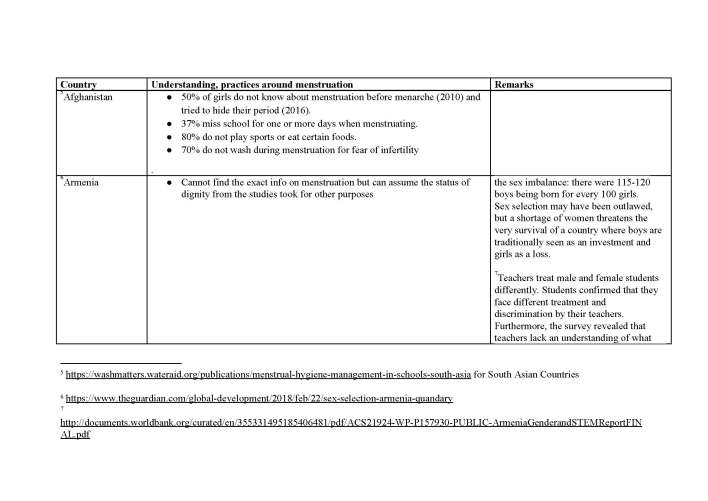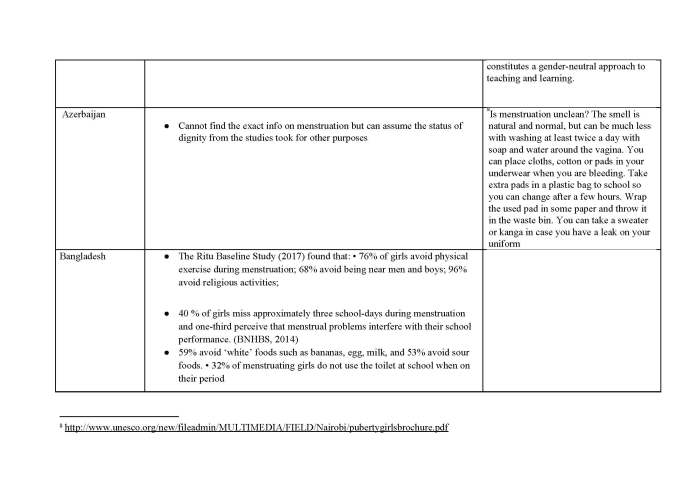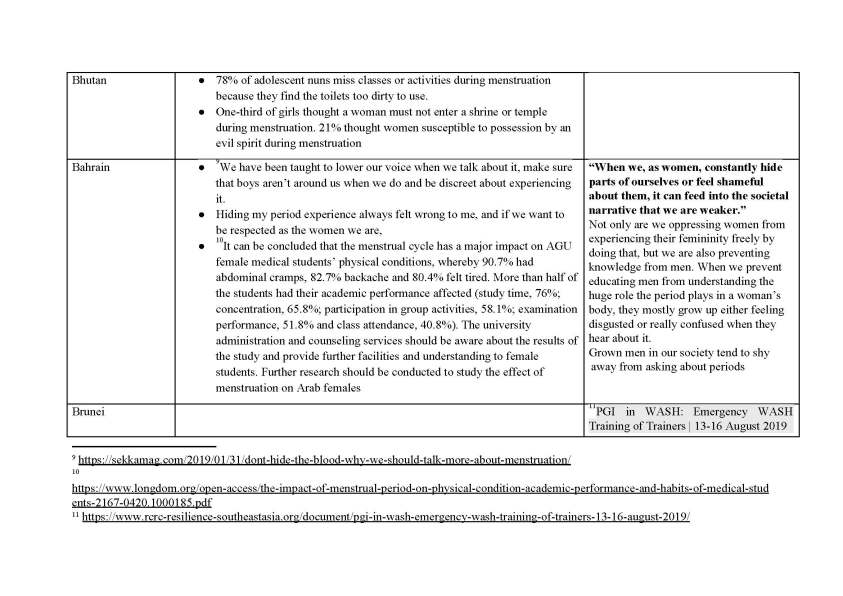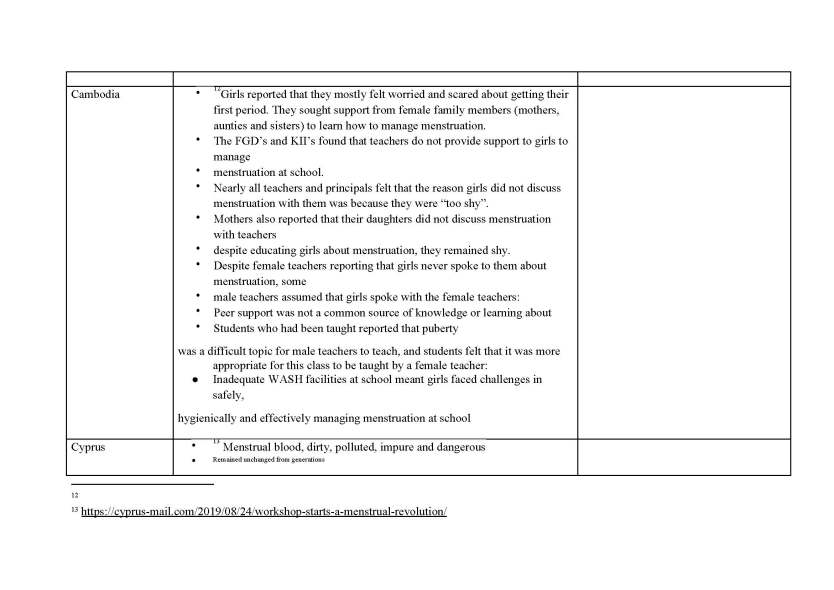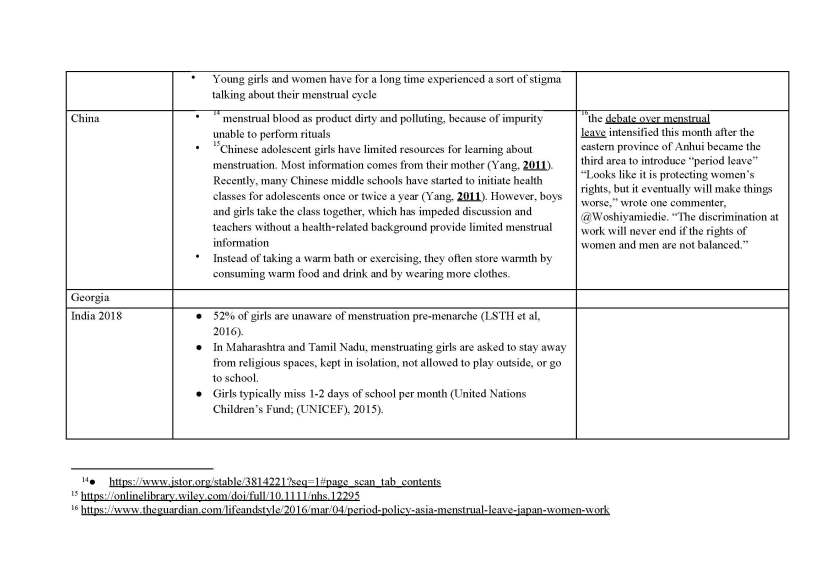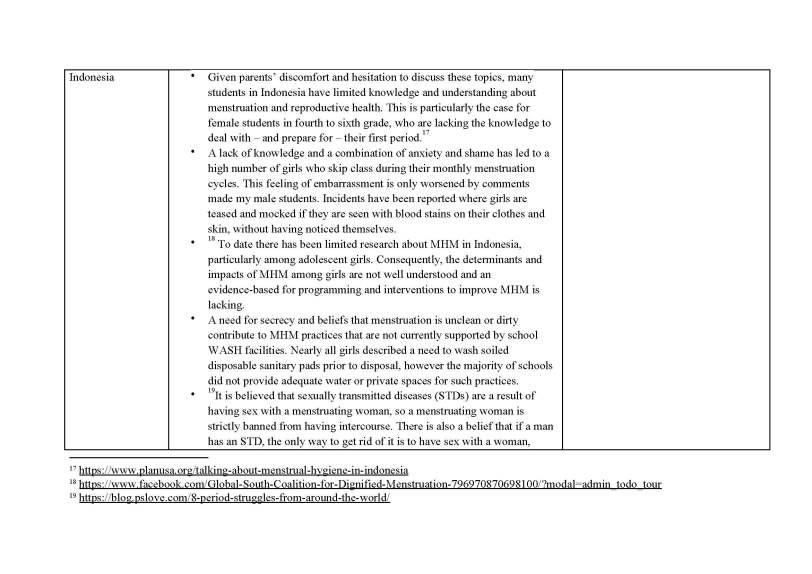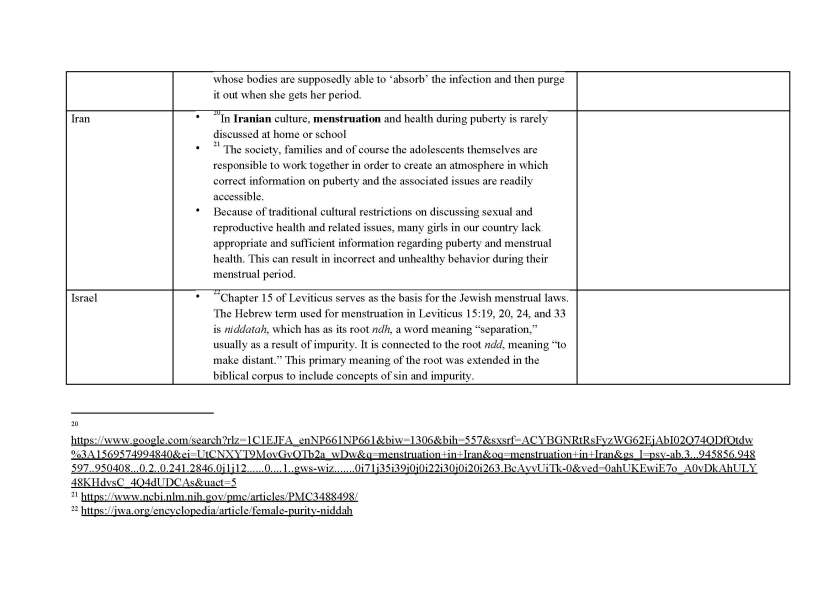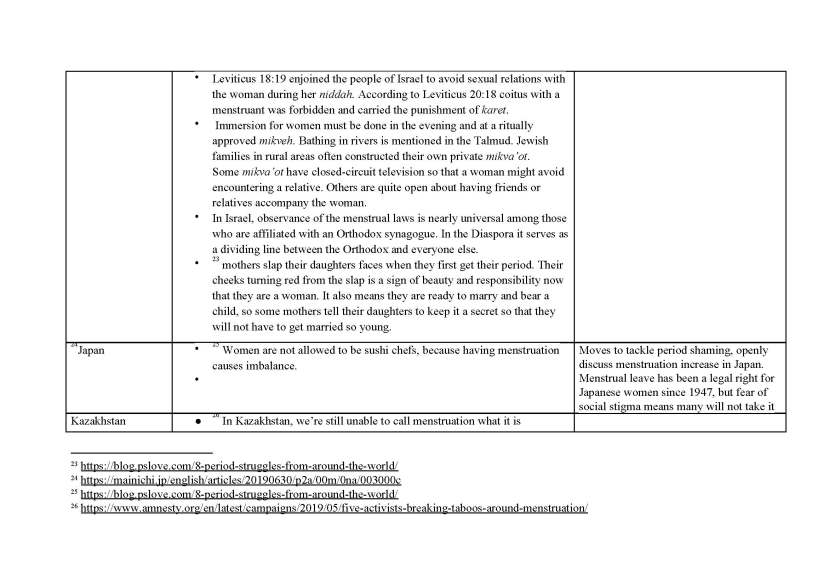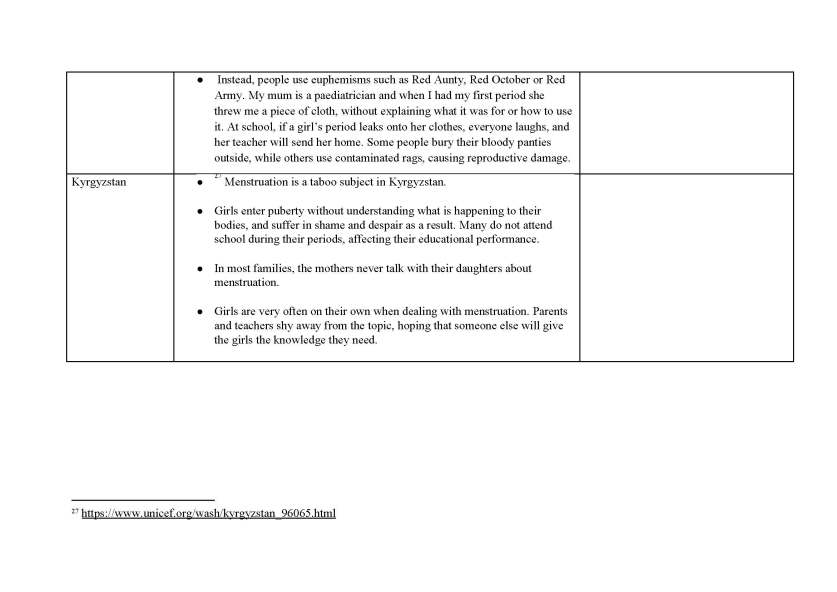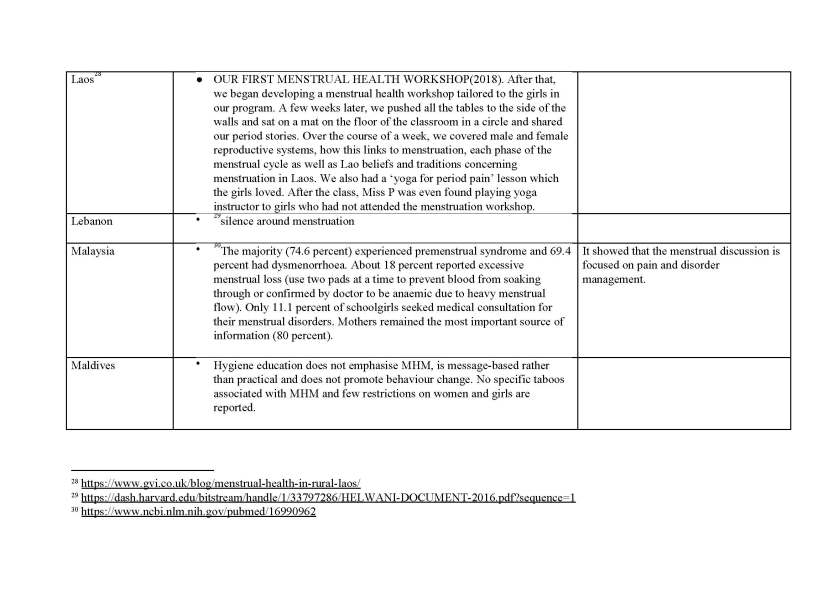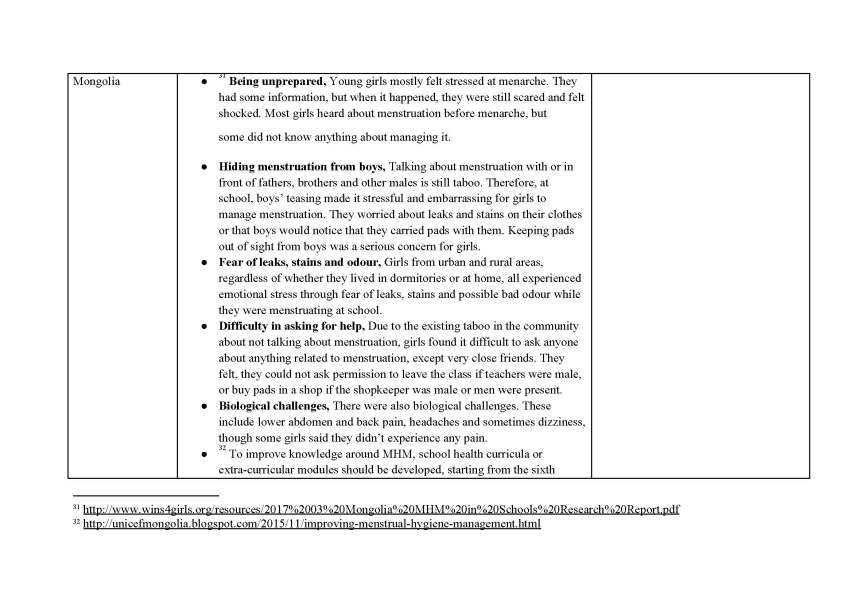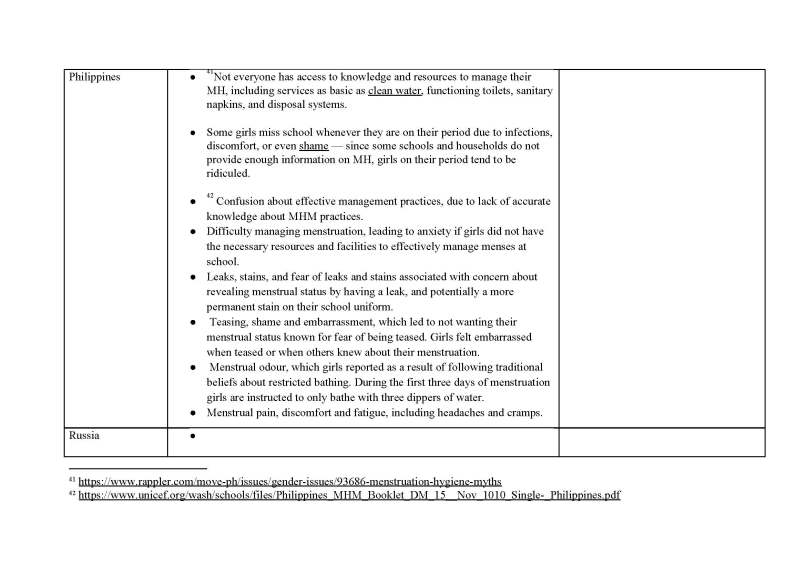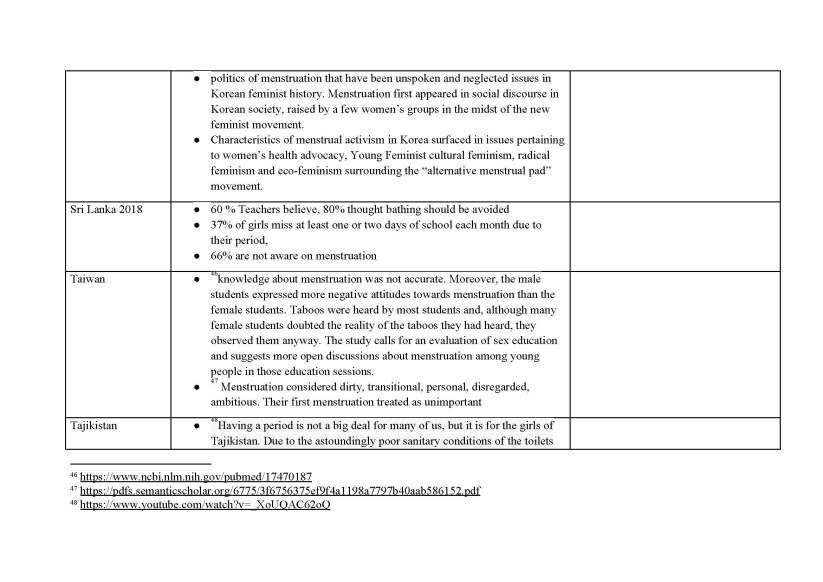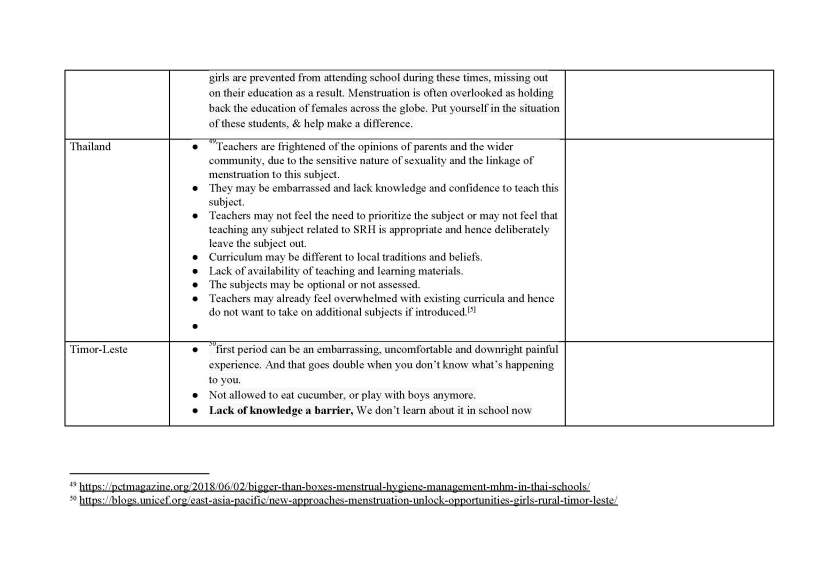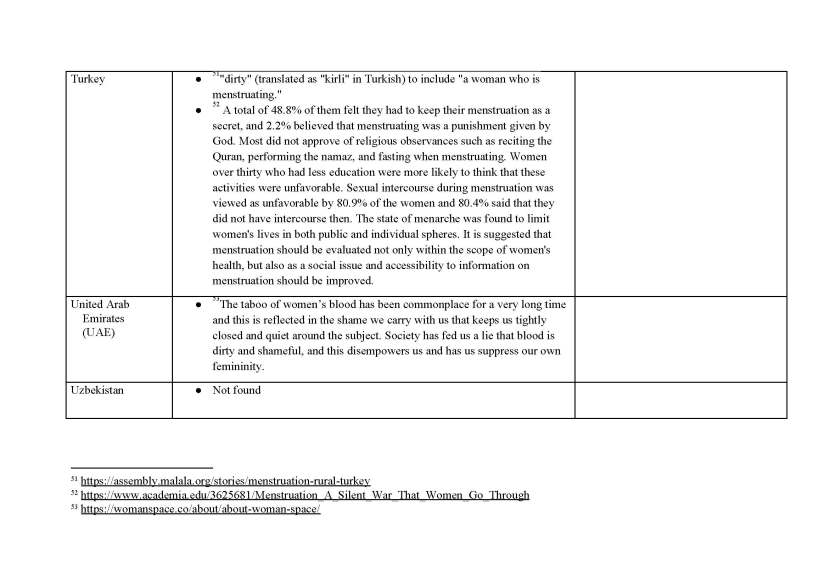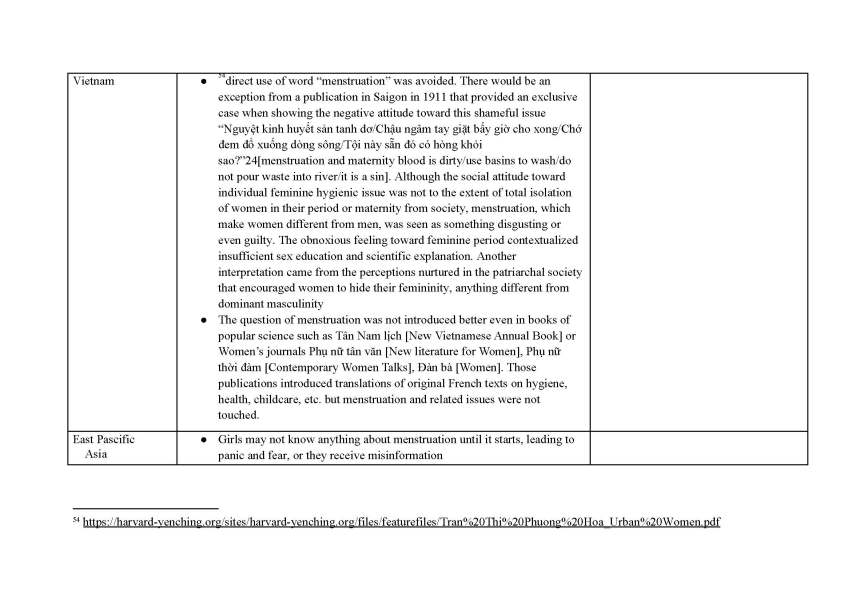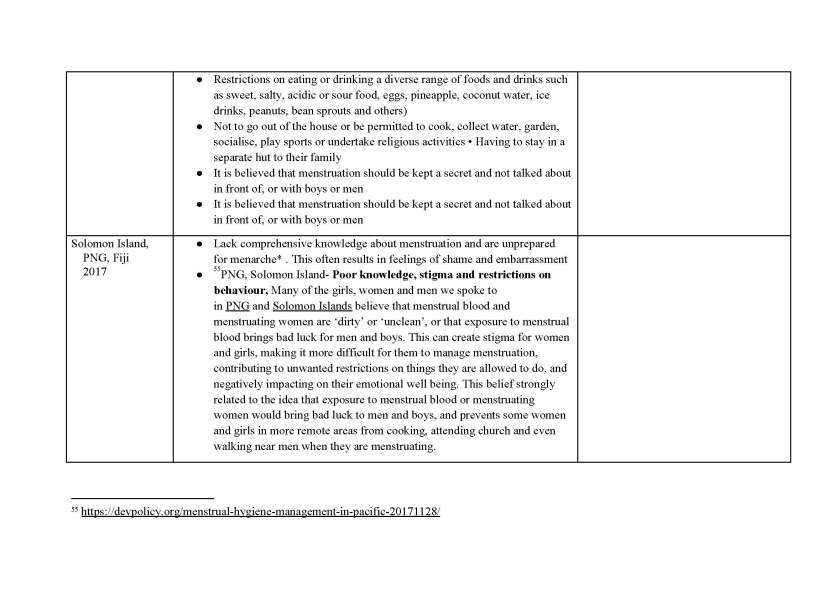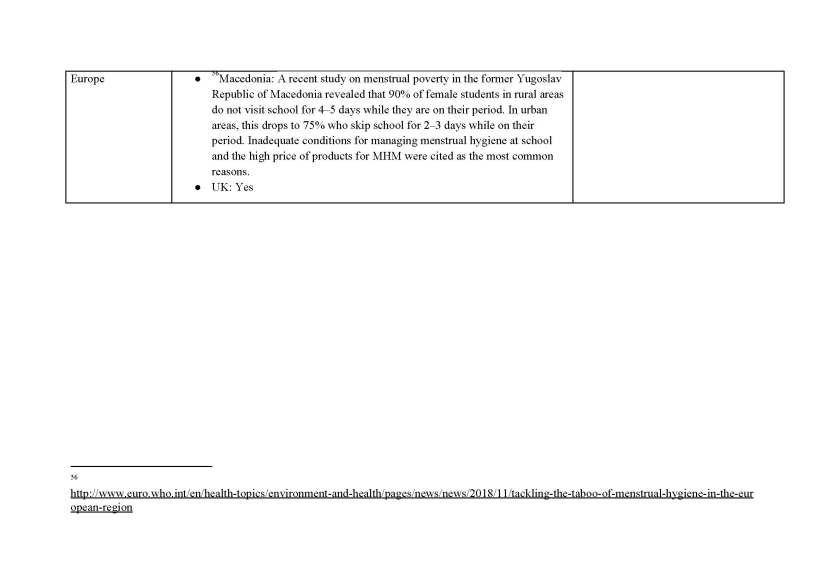Menstrual Practices in Asia
Exploration of Understanding and Practices during Menstruation in Global South
Radha Paudel, Mili Adhikari
“Global South” a term coined by Carl Oglesby in 1996 has largely gained its popularity in recent times. The World Bank often uses this term to refer to countries who have low and middle income compared to Global North; they are Asia, Africa, Latin America and Caribbean. It is also used as an alternative word for “third-world” though this term is still controversy. Personally, we do not like the terms “Global South or North” but due to its popularity and common use, it is beyond my control and will be used here for its symbolic meaning.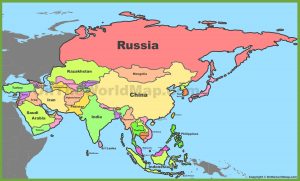

Since June 2008, Radha have started our international journey for various purposes, initially from Indonesia. Primarily, she started to explore the practices of menstrual restrictions. Even among my peers, activist, representatives of I/NGOs, UNs, Academics and Government, she saw deep level of hesitation to discuss menstrual restrictions. Through her observations, she found the ten common practices around menstruation around the globe: Restrictions to praying (China, Japan and many Hindu countries in Asia, Muslim women do not enter in to mosque, Ghana: not allowing to cross the river due to consideration of god), Banished from home and isolated (Indonesia, India, Nepal, some tribes in Nigeria), Restrictions from cooking (applied for many parts of the world), Restrictions from bathing (India to Israel, many countries from Europe and Latin America), Restrictions from Grooming (do not cut, dye or perm or waxing), Restrictions from nature (stay away from plants), Restrictions from Animals (such as Nepal, India, Uganda), Restrictions from socializing/touching Cis-Men , Restrictions from Exercising and Restrictions from menstrual products like tampon.
As time moves forward, she discovered that while there were many strides in human rights movements at all local, regional, and global level, there were few who dared to talk about menstruation.
In general, Asia is big by geography and population. It is diverse in culture, language, religion and so many other social issues. Since 1998, she began to research the academia, activities, advocacy, and programs around menstruation as a part of her literature review for my thesis of Bachelor of Nursing. Because of my traumatic experience with menstruation at the age of 7 years, my interest, curiosity, and passion were deep and she was very keen to understand about menstruation in Global South. Unfortunately, while she found very technical studies from global north and found few studies, focusing on poverty and hygiene in Africa; there was little to no research for the Asia and Pacific regions.
In the height of the menstrual movement, there is a lot of discourse around Nepal, focusing on Chhaupadi, the severe restrictions during menstruation. After ongoing discussions around equality, human rights, empowerment of girls and women, the understanding around menstrual inequity created increased panic and tragedy in other regions globally. Personally, the moment she faced in May 2013 at Manila, Philippines enlightened me the critical need to engage in menstrual discourse globally. Simply, there was no ongoing dialogue about menstruation in human rights and development discourse till October 2014. While attaining the conferences at persona and online, she have a deep feeling that no one unpack the understanding, practices around menstruation specially in Global South. Within Global South, Asia is especially struggling. Due to resource constraints, she could not call for research or conduct research directly towards menstruation but she can do something through internet searching for sensing the gravity and magnitude of the issues related with menstruation. Thus, she decided to google and compile the info from Asia, East Asia and Asia Pacific which are overlapping in between.
My Overall Comments:
- The issue of menstruation is not priority till 2014 in development and human right discourse
- Since 2014, menstrual activities focused on hygiene and products.
- The hygiene and product related activities more focus on Africa than others.
- The deep level of ignorance around menstruation is having due to not having adequate research and activism.
- There is no study taken place on menstruation and its impact on equality, human rights, empowerment, development in Asia.
- The studies whatever took place were steered and structured by the colleagues from the Global North.
Note: The below table was created using simple google searches “ menstruation” “menstrual taboos” and “menstrual health management”. In few countries, there were formal studies in small scale and most of the countries do not have studies. It was very difficult to find the direct and clear info on menstruation e.g. Armenia. Thus, try to put the other info related to gender equality and women’s status by putting under remarks.
This table is not complete, nor is it containing all the restrictions. We would appreciate if you added or share the research, project activities from your country/region.
